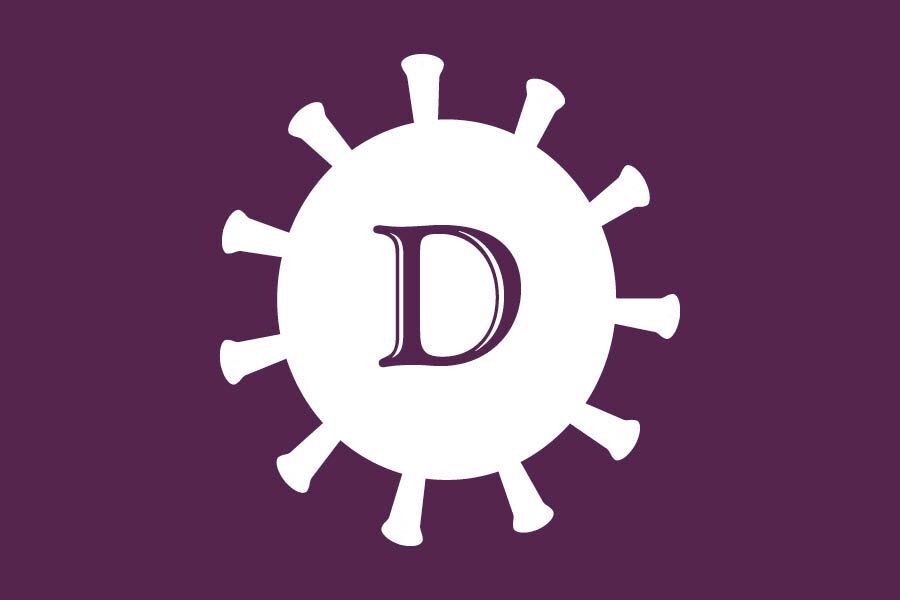Local pediatrician Andy Bernstein talks quarantine pods, mental health
Daily file illustration by Catherine Buchaniec
In a Q&A with The Daily, local pediatrician Andy Bernstein gives advice to Evanston residents looking to safely meet in-person with friends and family.
January 24, 2021
As winter forces Evanston residents inside, people have been trying to find new ways to safely interact in-person with friends and family. The Daily sat down with Andy Bernstein, a pediatrician at North Suburban Pediatrics in Evanston, to talk quarantine pods, childhood development and mental health.
This interview has been lightly edited and condensed for clarity.
The Daily: Throughout the pandemic, people have struggled with staying socially distant from friends and loved ones, and as winter hits, some are wondering whether they can meet safely in person at all. What are your thoughts?
Bernstein: The safest way to see people in-person who you are not quarantined with would be in an outdoor setting. The ultimate, safest way would be outdoors with masks on.
The Daily: Quarantine “pods” or “bubbles,” where groups of friends or family join together with the promise of avoiding contact with people outside their groups, have lately grown in popularity. How safe and effective are they?
Bernstein: If two or three families are definitely careful about their exposure to the outside world, I think it is a very reasonable approach. The problem is one person’s careful approach might not be quite as careful as another person’s approach… they might actually be less careful with other people, and you could be interacting with more people than intended.
The Daily: If you were then to attempt a pod, what would you say is the right number to do it safely?
Bernstein: I don’t think there is a right number…If you can get a dedicated group of people to quarantine for two weeks and continue to not have casual contact with other people, then I don’t think there is a specific number you could put on it. In reality, it’s probably harder to do it with more than a total of three families, and even that is difficult to do.
The Daily: What suggestions would you have for parents trying to make sure their kids are socializing with others to support healthy development?
Bernstein: Socializing with similarly-aged kids is very important. However, when the risk of contracting a disease is greater than the risk of not socializing for six months of a winter, I don’t think it is necessarily an obstacle to overcome. If we go six months without socializing because it is difficult to do so during winter, I don’t think we have ruined their developmental progress. If you have an ability to interact with people over Zoom, by protected pods, or safely outside, there are other ways.
The Daily: How do you balance the mental health needs of individuals and the public health needs that COVID-19 demands?
Berstein: There is no one right answer, and it depends on an individual’s situation. The rise of depression and suicide is being studied to determine if it results from the pandemic, but there is no question that it is affecting some people more than others. It is important to pay attention to how kids, adults, and families are doing and keeping open lines of communication. People should take advantage of mental health professionals.
The Daily: What would be your final suggestion for those people weighing the risks of contracting or spreading COVID-19 and the desire, or even the need, to see a loved one?
Bernstein: I would agree that there is a need to see our loved ones and there are times when Zoom or Facetime can be adequate. But, there are also times where it is necessary to check in on people, to help out with groceries or to be together in-person. It is still possible for kids to see grandparents or adults to see their elderly parents; you can still do that with a mask and distance.
Email: [email protected]
Related Stories:
— Feinberg physicians and students get COVID-19 vaccine, stress continued vigilance
— D65 to launch hybrid learning model Feb. 16
— City staff discuss combating rise in housing insecurity as pandemic persists


